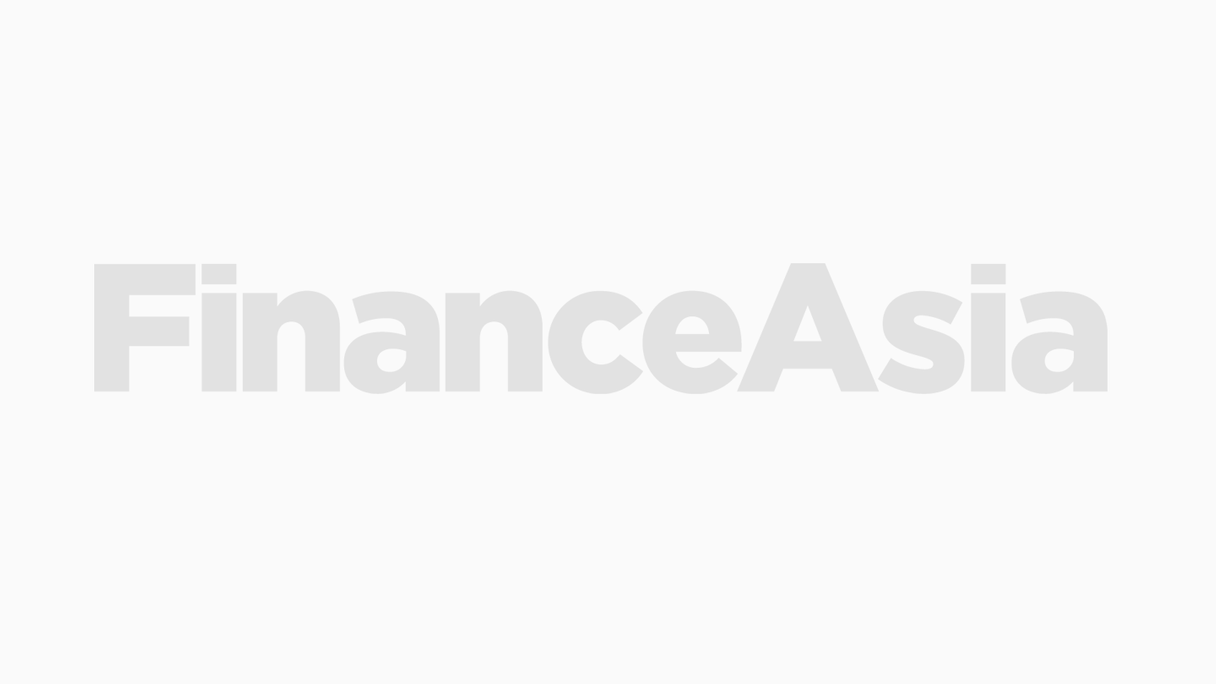The company is planning to sell 250 million new shares, or around 25% of its enlarged share capital, of which 90% is earmarked for institutions and the rest for retail investors. The offering has a standard 15% greenshoe and clawback mechanism which could see retail investors end up with 50% of the shares if the retail tranche is over a hundred times subscribed.
Cazenove is the sole global co-ordinator and sponsor as well as joint bookrunner together with BOC International.
Changsheng focuses on high-end residential and commercial property developments in Beijing, Guangdong, Taiyuan and Zhongshan. Its high-class Seasons Park project was ranked second in Beijing in 2006 in terms of rental returns. Apart from selling residential properties, the company also derives stable rental income from commercial properties. According to a syndicate research report, its rental revenue will increase to Rmb141 million ($18 million) in 2009 from Rmb76 million in 2006.
The developer has set a price range at HK$3.32 to HK$4.51, which values the company at a 35% to 50% discount to its 2008 net asset value (NAV).
Comparables include Hong Kong-listed Chinese property developers such as Soho China, Country Garden Holdings and Guangzhou R&F Properties. Soho China, trading at a 26% premium to its NAV, is the most direct comp as it too focuses on high-end residential and commercial projects. Country Garden and Guangzhou R&F currently trade at premiums of 81.4% and 26.1% to their NAVs respectively, according to the report.
Last December, the PeopleÆs Bank of China and the China Banking Regulatory Commission released a joint notice instructing ChinaÆs commercial banks to define a ôsecond homeö according to the property owned by the families of mortgage applicants rather than the applicant alone. The notice supplemented a rule delivered by the central bank and the commission in September that raised mortgage deposits for homebuyers who intend to buy a second apartment. The aim of both measures is to curb property speculation. Second-mortgage holders are also required to make a down-payment of at least 40% and pay a 10% premium on their interest rate.
The new policy, together with a December interest rate hike that lifted the one-year base deposit rate by 27bp and lending rates by 18bp, dealt a further blow to Chinese property stocks which have in general been on a downward trend since last November in tandem with the broad market volatility. For instance, Soho China has shed 30% to 40% to end up at yesterdayÆs close of HK$7.18; Country Garden has dipped over 36% to HK$8.04, and Guangzhou R&F has plummeted more than 40% to HK$25.40 yesterday.
But while it is expected that the Chinese authorities will keep introducing new measures to cool the overheating economy and curb investment growth, observers remain bullish on the Chinese property market, arguing that a lack of investment alternatives will continue to drive up asset prices as the population becomes richer.
According to a source close to the developer, Changsheng differentiates itself from other property developers by focusing only on the high-end market and on developments in prime locations.
ôChinese property developers like Soho China, Country Garden, Guangzhou R&F Properties and so forth, have larger development volumes, but at the same time the pricing and quality of their assets are relatively low,ö the source adds.
Another selling point is the fact that ChangshengÆs land bank is not concentrated in a single region.
ôThe company doesnÆt want its projects to compete with each other,ö says the source, with regard to why Changsheng chose not to focus its developments in certain areas like many other property companies do.
In addition, the developer is able to acquire land at a lower cost thanks to strong connections, another source remarks. And by adopting a design-driven development methodology, it is able to add value to its high-end projects and derive higher returns. According to the syndicate report, the average land cost for its recently acquired projects in Taiyuan and Zhongshan amounted to approximately Rmb1,263 and Rmb1,100 per sqm, respectively. The report estimates that the average gross margin of Changsheng's projects is as high as 40%.
The report also projects that its net profit will triple to Rmb402 million in 2008 from an expected profit of Rmb133 million in 2007 and grow another 80% in 2009 to reach Rmb724 million. The developer recorded a net profit of Rmb170 million in 2006.
The developer also has a strong strategic investor. According to the source, Goldman Sachs invested $25 million in Changsheng last June through convertible bonds, which account for 15% of the company pre-greenshoe. ChangshengÆs chairman, Chau Shek Cheong, will still hold 59.4% of the company after the offering. The holdings of Goldman Sachs and the chairman will be locked up for six months.
The company has a land bank of 1.2 million sqm gross floor area, which is sufficient to cover its developments in the coming year. It is going to complete three commercial and residential projects in Zhongshan, Taiyuen and Beijing this year, which will increase the gross floor area to 200 million sqm.
The IPO proceeds will be used partly to settle debts and partly to boost its land bank.
The final price will be determined on January 25 and trading will start on January 31.
¬ Haymarket Media Limited. All rights reserved.



